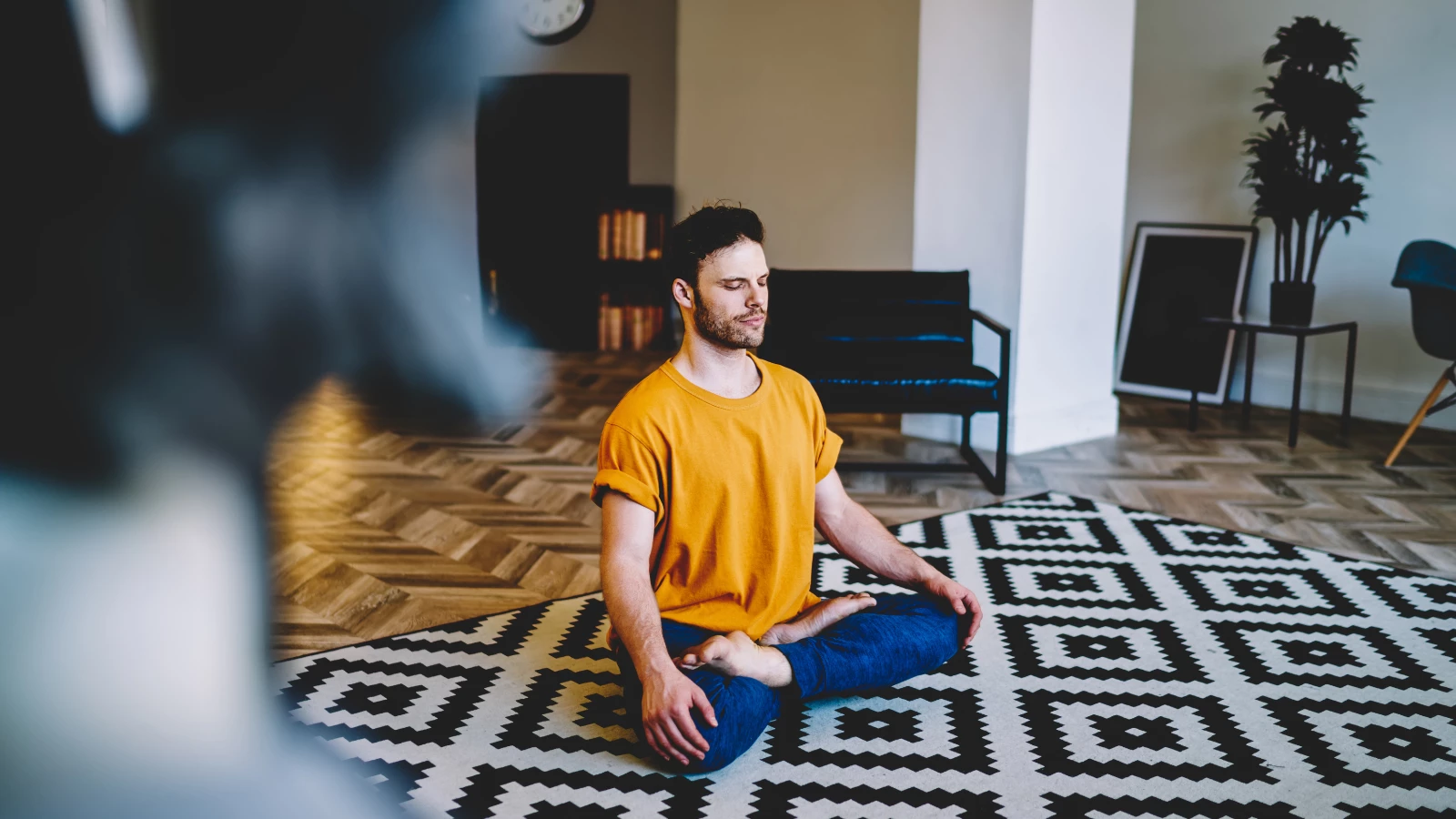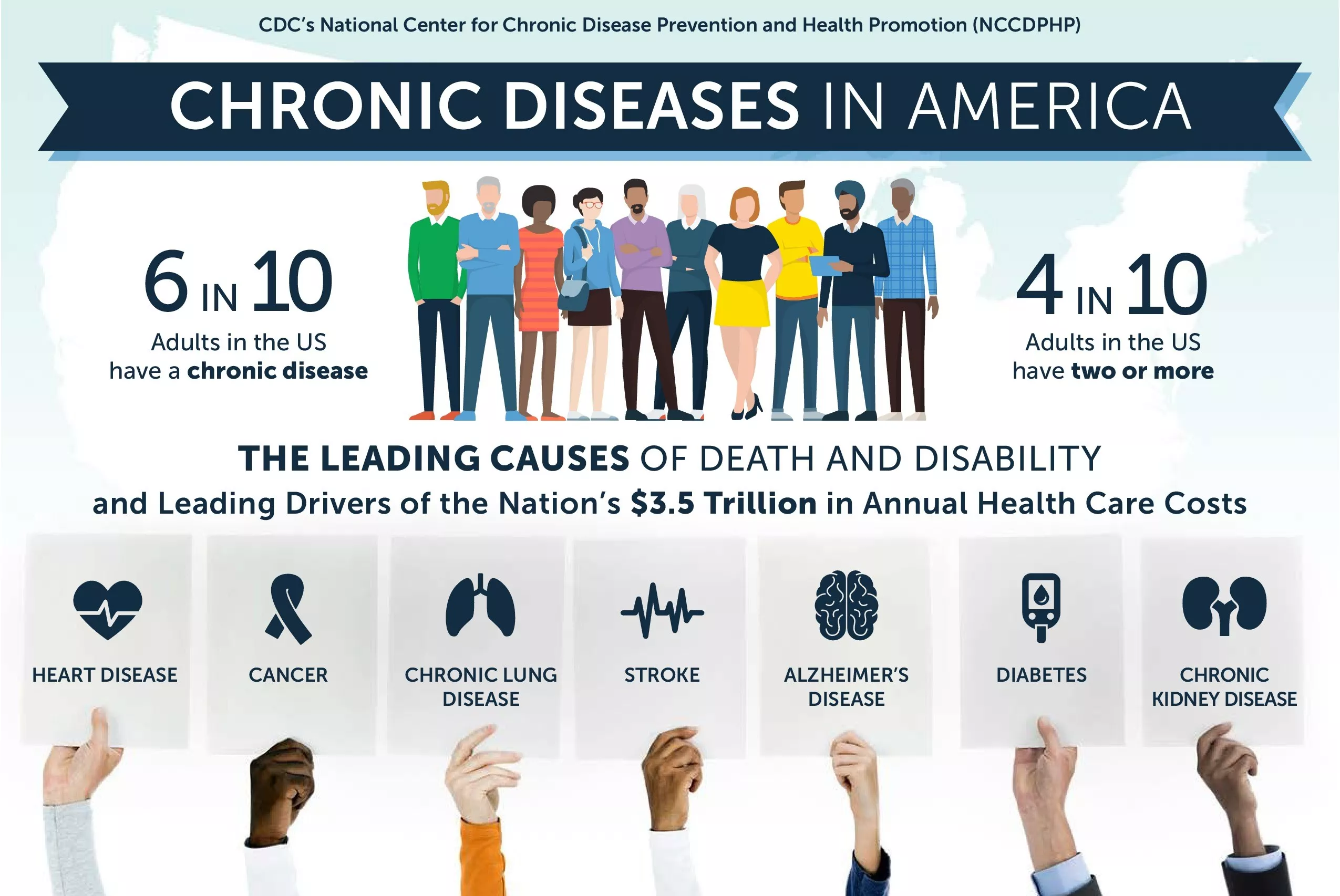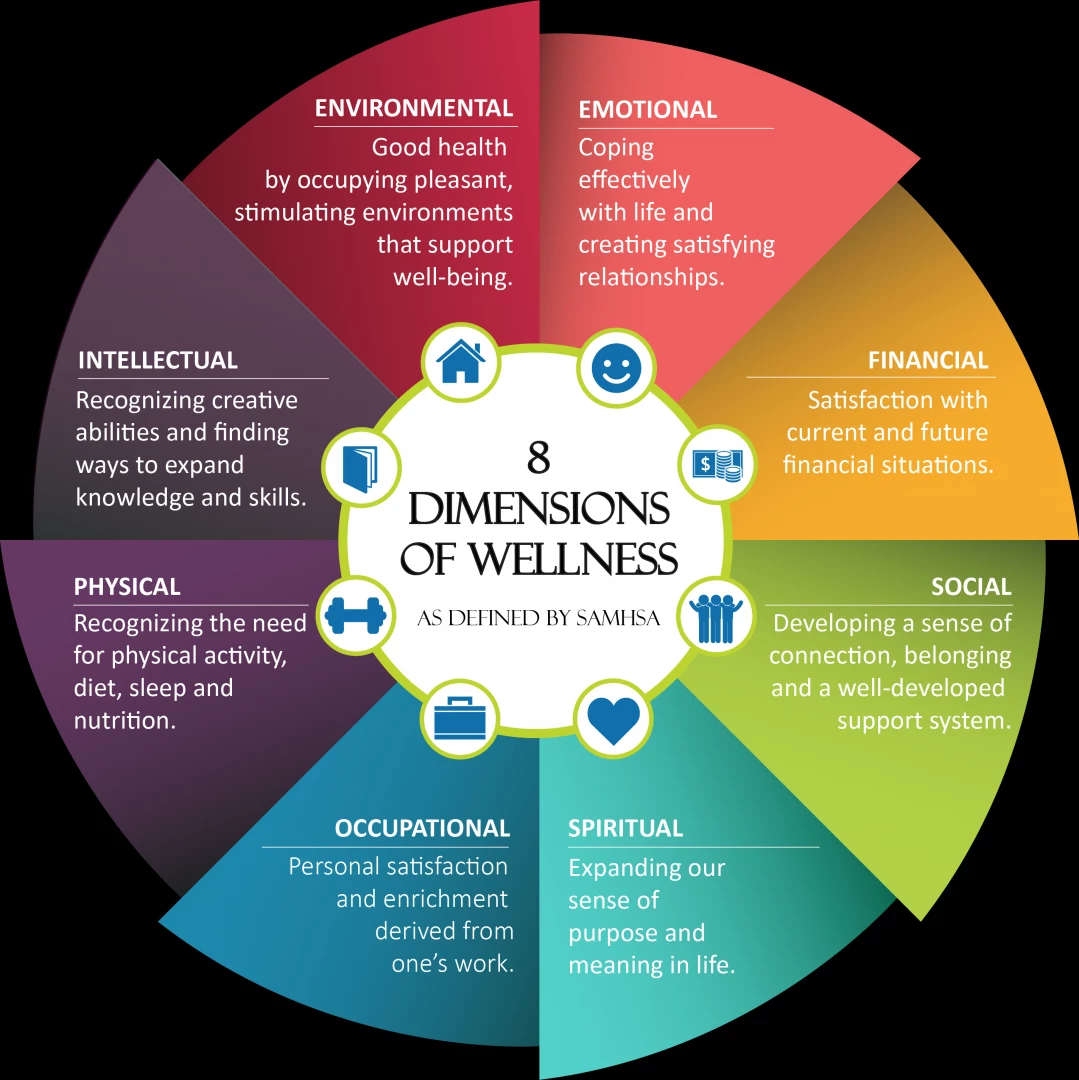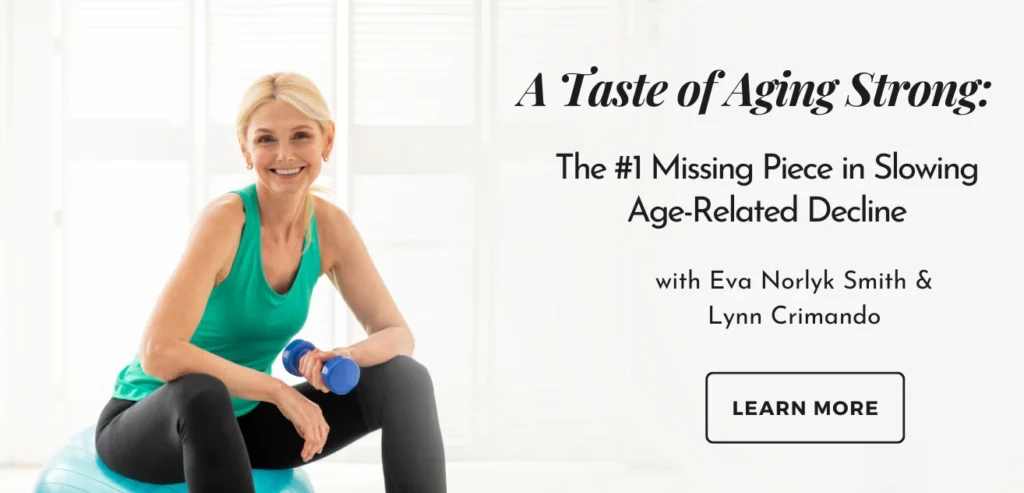Yoga: A Lifeline in Challenging Times

I don’t know about you, but I kinda feel like I’ve been holding my breath since last March.
I finally exhaled in mid-November I was surprised by what happened next. I thought I was humming along just-fine-thank-you-very-much but what I discovered is that I was lugging around a lot more stress than I had realized. Suddenly I felt tired. Really tired. I stumbled through the day, went to bed at 7:00, woke up for a bit and drank a cup of ginger tea, and then crashed again until morning.
Feeling so deeply tired made me stop and reflect on the extraordinary stress of this year and realize that, as someone who likes to think of herself as the Queen of Self-Care, I have been falling a little short in my royal duties (I think I’ve been demoted to Baroness).
As I began feeling into my tiredness, I also realized that as much as I love my work, my family, and my life, I really need to prioritize self-care right now.
Yoga: A Lifeline in Times of Stress
I used to think of yoga as a healthy habit, a lifestyle choice, something that I was very fortunate to learn about and build habits around when I was young. Before March, I thought about yoga as something I was fortunate to have the time, the knowledge, the training, and the experience to practice regularly. It helps that I married a yoga enthusiast (who in his solid, Capricorn kind of way, is hands down the King of Consistency).
But after this year, I am seeing things differently. I no longer think of yoga as a healthy habit. Now, it’s a lifeline.
In the U.S., self-care is all the rage these days and it’s no wonder because America, being such an individualistic culture, forces its citizens to take good care of themselves. Except that we don’t.
As a people, we don’t take very good care of ourselves at all. We don’t have the time, the money, the wherewithal, the knowledge, etc. to take good care of ourselves. Six out of 10 of us have at least one chronic disease, and four out of 10 have two or more.

(The source is the Center for Disease Control)
I would never suggest that yoga is the ultimate answer to all these problems. They are complex and require a systems approach. But what is clear is that there is a critical need for low-risk, low-cost, person-centered, scalable self-care strategies to help people build wellness and resilience.
Yoga meets this need beautifully.
So, let’s dive a little deeper into self-care. I think sometimes it is seen as something you spend leisure time and money on, like a pedicure or a spa day (and who doesn’t love a little of that?!). But I think it’s superficial to stop there. Self-care is much more than a day at the spa, or shopping, or Netflix binges, or boxed wine. Self-care is the active participation in different domains of your life that can help you be happier, better rested, calmer, more focused, and more resilient—qualities that are in short supply these days.
How to Practice Self-Care with Yoga and The 8 Dimensions of Wellness
I like the Substance Abuse and Mental Health Services Administration (SAMHSA) model of self-care called “The 8 Dimensions of Wellness.”

( From Substance Abuse and Mental Health Services Administration)
It helps me remember that there may be dimensions I’m neglecting.
For me, yoga addresses some aspect of just about every one of these dimensions.
- Physical: It’s lovely to have a practice that enhances my physical health every day and can be adapted to meet my energy levels, busyness, emotional landscape, and sleep needs.
- Intellectual: I could study this stuff for several lifetimes and only scratch the surface.
- Environmental: My practice helps me to become more aware of my environment and to prioritize beauty and simplicity.
- Emotional: How many thousands of times have I felt crappy, taken it to my mat, and watched it transform into peace and acceptance?
- Financial: Yoga has helped me get clearer about how I earn and spend money, and to look at my values and priorities, and make better decisions about finances.
- Social: Most of my friends do yoga and my whole social life is pretty much built around it.
- Spiritual: Yoga strengthens my relationship with my higher power.
- Occupational: Teaching yoga is a great honor and privilege that I am incredibly grateful for.
When I prioritize making time to practice, I know that I’m tending to self-care in many of these dimensions.
There is a lot of craziness going down right now. There are many reasons to remain vigilant and to pay close attention to what’s going on. And so, it’s more important than ever to counter the stress of all that effort with effective self-care tools like daily practice.
During the election, major news outlets like NPR, CNN, and The Wall Street Journal were all offering yoga tips to get through the stress of it all. So yoga has clearly gone mainstream. But practicing regularly? Well, that requires some attention, planning, focus, and commitment.
I need to be strong right now. And that’s why I can no longer think of my yoga practice as a nice habit. I’m getting my queenly groove back. And the Queen has an announcement to make: my yoga practice is a non-negotiable.
Also, read...
Floating on Cloud 9 – How to Invite More Bliss and Well-being into Your Yoga Practice
Jan 09 – Sharon Heller, Ph.D.
The Neuroplasticity of Trauma: How to Rewire Your Resilience
Dec 05 – Dr. Arielle Schwartz
Related courses
Yoga for Back Care and Spinal Mobility: A 4-Week Practice Series
With Baxter Bell
The Psoas Connection: Core Stability for Movement, Breath & Digestion
With Leslie Howard
Optimizing Your Breath: Yogic Breath for Cellular Vitality
With Doug Keller
Reprinted with permission of SubtleYoga.com

 Committed to the widespread adoption of yoga as a population health strategy, Kristine Kaoverii Weber, MA, C-IAYT, eRYT500, YACEP has been studying yoga and holistic healing for nearly 30 years advocating, speaking, and teaching about yoga since 1995, and training educators since 2003. Her organization, Subtle® Health, LLC, provides holistic, mind-body training, education, and clinical services with the mission of enhancing community health infrastructure. She is the director of the Subtle® Yoga Teacher Training for Behavioral Health Professionals program at MAHEC in Asheville, NC, presents workshops and trainings internationally, and is frequently invited to speak about yoga at health care conferences. After completing her BA and MA at Georgetown University, Kristine trained extensively in many styles of yoga, including Viniyoga, as well as in Asian bodywork therapy and homeopathy.
Committed to the widespread adoption of yoga as a population health strategy, Kristine Kaoverii Weber, MA, C-IAYT, eRYT500, YACEP has been studying yoga and holistic healing for nearly 30 years advocating, speaking, and teaching about yoga since 1995, and training educators since 2003. Her organization, Subtle® Health, LLC, provides holistic, mind-body training, education, and clinical services with the mission of enhancing community health infrastructure. She is the director of the Subtle® Yoga Teacher Training for Behavioral Health Professionals program at MAHEC in Asheville, NC, presents workshops and trainings internationally, and is frequently invited to speak about yoga at health care conferences. After completing her BA and MA at Georgetown University, Kristine trained extensively in many styles of yoga, including Viniyoga, as well as in Asian bodywork therapy and homeopathy.
She is the author of The Complete Self Massage Workbook and has published articles in the International Association of Yoga Therapist’s journal, Yoga Therapy in Practice, and other wellness publications. Her work has been featured in Redbook, BodySense, Women’s World, Natural Health, and Lifetime TV.
Recent articles
Enlivening the Body’s Subtle Energy with Mula Bandha
Feb 23 – Olga Kabel C-IAYT
Can Simple Stretching Help Fight Cancer? The Groundbreaking Research of Dr. Helene Langevin
A Scientist Who Sees the Whole Body
Sankalpa, Visualization, and Yoga: The Diaphragm-Psoas Connection
Feb 16 – By: Ray Long, MD, FRCSC
Categories
Upcoming courses
Yoga for Back Care and Spinal Mobility: A 4-Week Practice Series
With Baxter Bell
The Psoas Connection: Core Stability for Movement, Breath & Digestion
With Leslie Howard
JOIN US! LIVE ONLINE
Recent articles
Almost there...
Sorry, we couldn't find anything...
Yoga Practice Tips
Enlivening the Body’s Subtle Energy with Mula Bandha
Some Sanskrit words have successfully made it into our pop culture. One of the terms…
Feb 23 – Olga Kabel C-IAYT
Yoga and Healthy Aging
Can Simple Stretching Help Fight Cancer? The Groundbreaking Research of Dr. Helene Langevin
What if one of the most powerful tools against cancer were something you already…
A Scientist Who Sees the Whole Body
Anatomy
Sankalpa, Visualization, and Yoga: The Diaphragm-Psoas Connection
In yoga practice, the Sanskrit word sankalpa means “resolution” or “intention,” usually in association…
Feb 16 – By: Ray Long, MD, FRCSC



